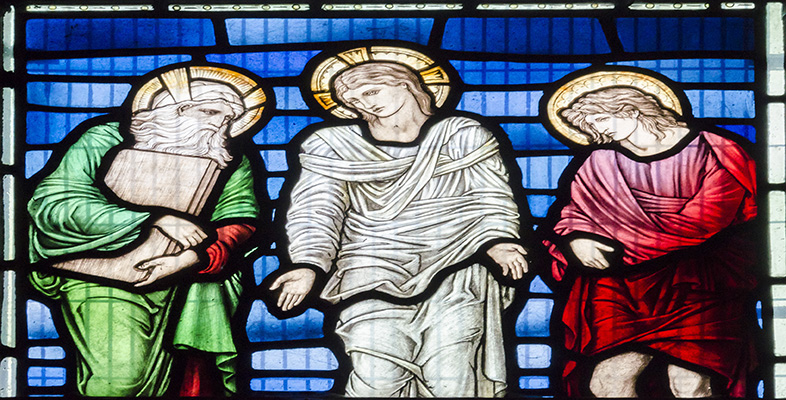Better arguments for and against God’s existence
Here are four more answers that you might have given to the question ‘What is my main reason for my current view about whether God exists or not?’. They are more satisfactory than the first four because they involve trying to find some evidence for our beliefs about God’s existence or non-existence.
| Theist | Atheist | Agnostic | |
|---|---|---|---|
| (5) | Personal experience shows that there is a God. | Personal experience shows that there is no God. | Personal experience shows neither that there is a God nor that there isn’t. |
| (6) | History shows that there is a God. | History shows that there is no God. | History shows neither that there is a God nor that there isn’t. |
| (7) | The way the world is shows that there is a God. | The way the world is shows that there is no God. | The way the world is shows neither that there is a God nor that there isn’t. |
| (8) | The nature of the idea of God shows that there is a God. | The nature of the idea of God shows that there is no God. | The nature of the idea of God shows neither that there is a God nor that there isn’t. |
Activity 7
Stop to think for a moment about these four kinds of argument (5–8) for or against God’s existence.
- If you were going to argue for (or against) God’s existence, which of these kinds of argument would you use (if any)?
- Which of these kinds of argument do you think provides the strongest evidence for (or against) God’s existence?
- Which of them is the weakest form of argument? Why?
Discussion
One thing that you will probably notice as you work through the arguments is this: you don’t have to take the same attitude (theist, atheist or agnostic) to all the arguments. Sometimes passionate theists (or atheists, or agnostics) think that they are committed to using every possible argument for their view, and that not to use them all would be ‘letting the side down’! But much subtler attitudes are possible, and indeed advisable. For instance, you can be a theist without thinking that the nature of the idea of God shows that there is a God. (Thomas Aquinas is an example of this combination of views.) Or again, you can be an atheist without thinking that atheism is proved by personal experience. (Probably most atheists do not think that.) In general, it doesn’t have to be that all the evidence points the same way.
Also, you may notice that evidence comes in different strengths. These are arguments that claim to show that God exists or doesn’t exist. But arguments often do rather less than show or prove things. Often they only provide some reason for thinking something, e.g. that God exists or doesn’t exist. Indeed sometimes they only suggest that something may be true, e.g. that God might exist or not exist.
Now try to put yourself in other people’s philosophical shoes. If you are an atheist, think your own position through first – and then try to imagine how the arguments look from a theist’s or an agnostic’s point of view. If you are a theist or an agnostic, do the same: when you have thought through your own position, try to work out how other people might argue differently.
Theists have offered arguments – and atheists and agnostics have offered counter-arguments – under all four of the headings above:
- Plenty of theists have argued (5) that they know God exists because they have personally experienced God.
- Most of the world’s major religions claim (6) that we can know God exists because God has intervened at one point or another in human history.
- Most religions also argue (7) that we can know that God exists because we can know that God made the world (i.e. the whole universe).
- Finally (8) many theists have defended the argument that God’s existence is something we can know about just by reflecting on the very idea or concept of God.
In the remainder of this course, we will consider arguments that appeal to ‘The way the world is’ (7).
